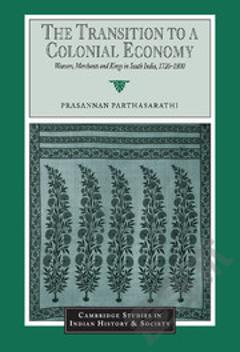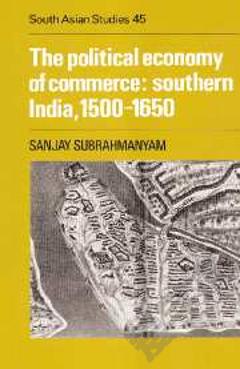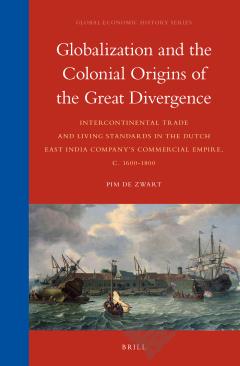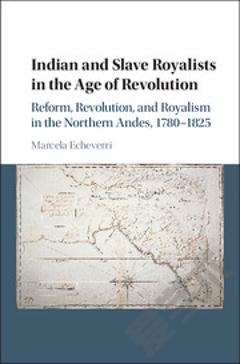The Transition to a Colonial Economy: Weavers, Merchants and Kings in South India, 1720–1800
According to widespread belief, poverty and low standards of living have been characteristic of India for centuries. Challenging this view, Prasannan Parthasarathi demonstrates that, until the late eighteenth century, labouring groups in South India, those at the bottom of the social order, were in a powerful position, receiving incomes well above subsistence. The decline in their economic fortunes, the author asserts, was a process initiated towards the end of that century, with the rise of colonial rule. Building on revisionist interpretations, he examines the transformation of Indian society and its economy under British rule through the prism of the labouring classes, arguing that their treatment by the early colonial state had no precedent in the pre-colonial past and that poverty and low wages were a product of colonial rule. The book promises to make an important contribution to the economic history of the region, and to the study of colonialism.
{{comment.content}}








 京公网安备 11010802027623号
京公网安备 11010802027623号